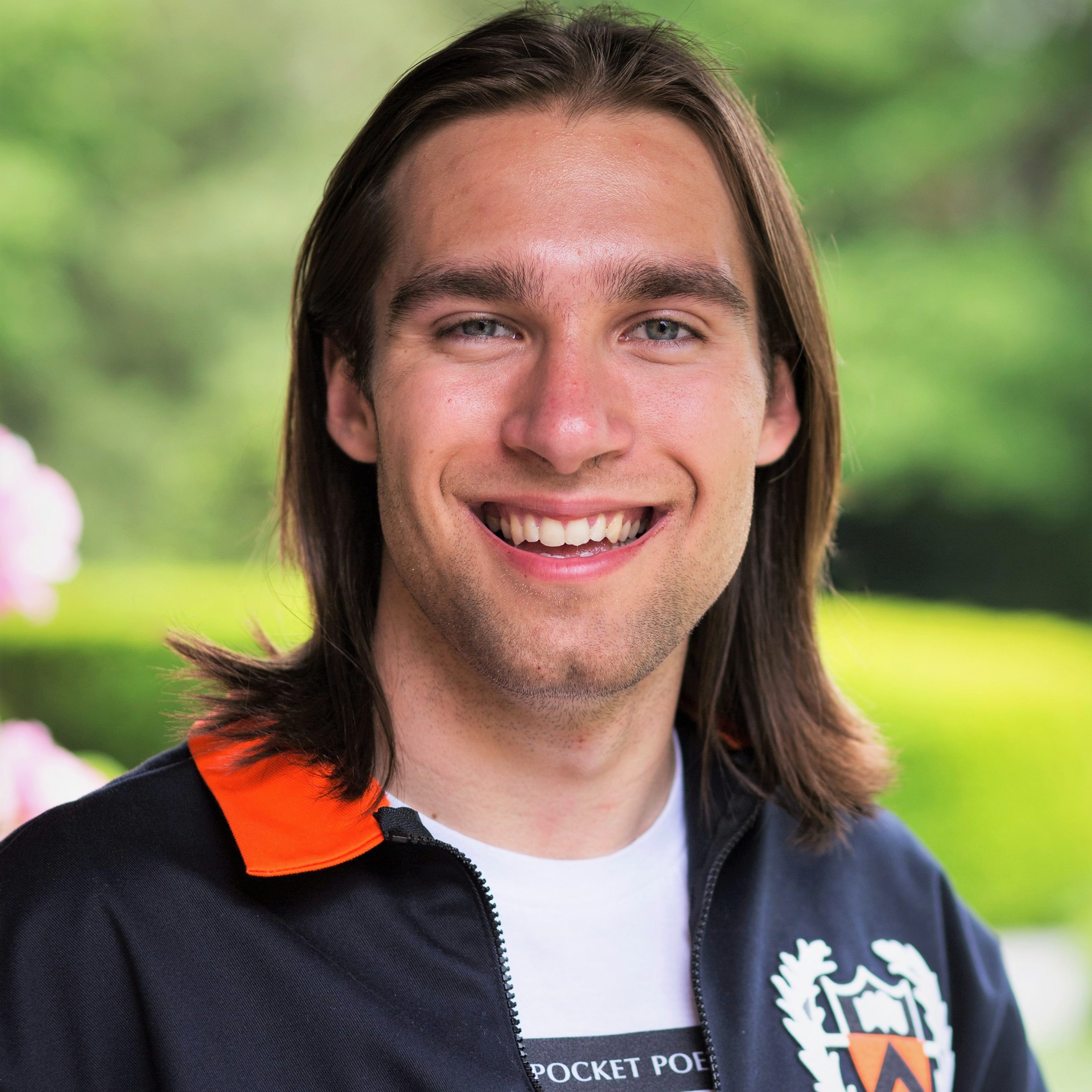Thomas García
Oral Histories
Mercedes, TX

After receiving funding from the Mellon Professionalization Initiative, I spent my summer conducting interviews, writing addendums, and revising chapters for a manuscript on the life of a Chicano Movement activist, Aurelio M. Montemayor. I have worked with Mr. Montemayor for over 9 months on the project, which begins in the early 20th century with his mother, Alicia Dickerson Montemayor’s involvement with League of United Latin American Citizens (LULAC) and extends to his present-day work with the Intercultural Development Research Association (IDRA). Through Mr. Montemayor’s personal account of his conscientization, readers will gain an underrepresented insight into critical events in Chicano history, including the founding of the Jacinto Treviño College.
This opportunity enabled me to broaden my understanding of Chicano history and literature through a pedagogical and political perspective. Mr. Montemayor’s involvement in educational and activist causes throughout the mid-to-late 20th-century informed my critical approaches to teaching literature to underserved populations. In addition, his unique perspective on historical events supplemented my understanding of groups afflicted by limited academic discourse like the Mexican American Youth Organization (MAYO). The subject matter of my interviews with Mr. Montemayor also induced long discussions on my creative and academic work on the U.S.-Mexico borderlands, specifically representations of physical and social mobility within marginalized groups.
By interviewing Mr. Montemayor extensively, I participated in a tradition of oral history that enhanced my interrogative and revision skills. In condensing hours of audio to single chapters, I refined my non-fiction writing skills to ensure the clarity and tone of Mr. Montemayor’s memories were captured accurately and satisfactorily. I also often identified missing parts or logical jumps in information, prompting me to conduct further research into a topic to enhance the manuscript’s veracity.
In addition to establishing a bond with Mr. Montemayor, this project affirmed my role as a writer who will potentially add to the corpus of Chicano scholarship a book that recalls underwritten histories, shares revolutionary pedagogy, and conveys the story of an artist-turned-teacher-activist.